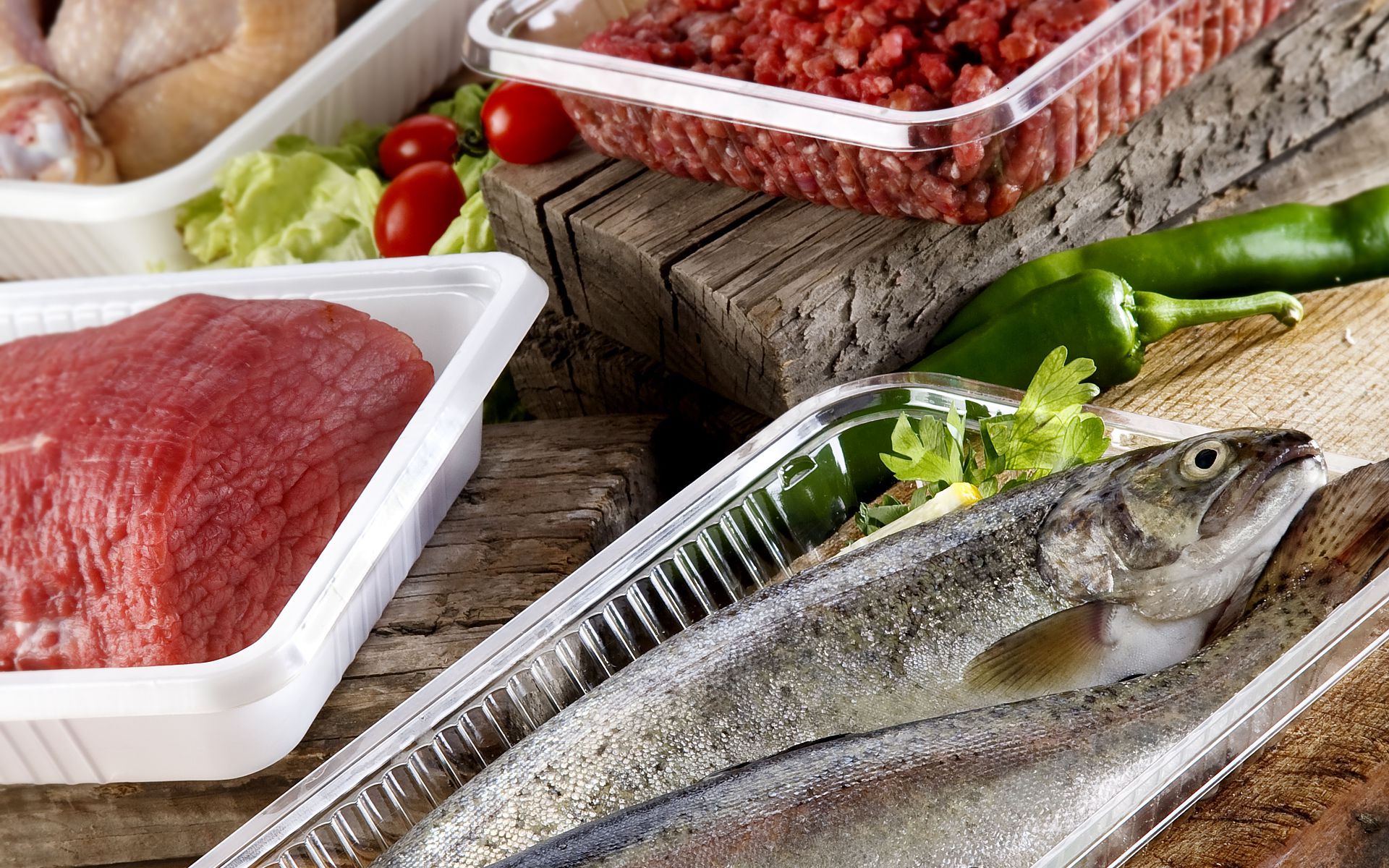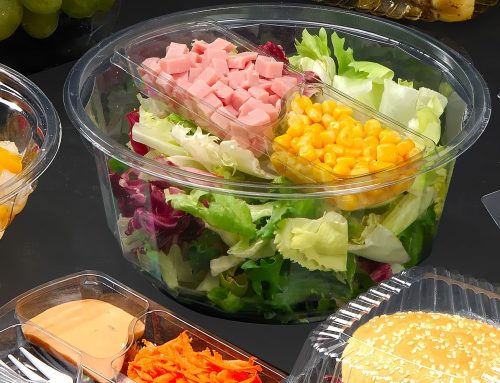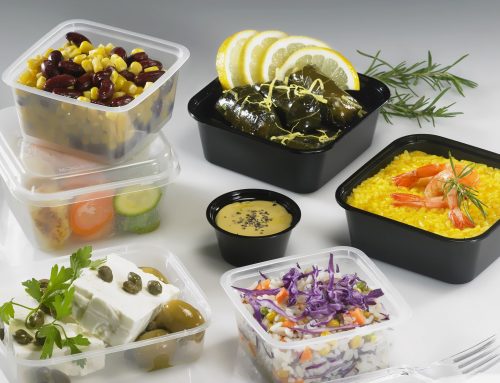Interview with Dr. Arasb Dabbagh Introduction, Food Hygiene Specialist
Healthy eating and maintaining food hygiene is one of the concerns of the people of this period and time. We need to know how to store food to minimize chemical changes in its texture. Many times a simple mistake in storing food and choosing the type of container in which we are going to put food can endanger our health.
For this reason, we are sitting at the foot of the words of Dr. Arasb Dabbagh Moghaddam, a food hygiene specialist, to tell us about the best containers for food preservation.
Dr! Many of the containers currently on the market for storing food are made of plastic. Is it okay to keep different foods in such containers?
Most people think that all seemingly plastic containers on the market are made of plastic, but in the polymer industry, each type of plastic has a specific name and is produced for a specific purpose.
That is, plastic food containers are safe to store?
Yes, plastic containers with a picture of a small spoon and fork on the back or bottom and the Food Grade mark are suitable for storing food.
Aren’t these dishes a particular problem for food due to heat?
“Polymer” containers release a substance called “monomer” due to exposure to high temperatures and high fat, which some experts believe that its penetration into food and the body in the short term can lead to depression and in the long term lead to cancer. Of course, detailed and comprehensive research has not been done yet.
So polymer containers are not a good choice for storing greasy food or heating food in the microwave?
To heat food, we should choose dishes that have the special mark “suitable for microwave or hot food” on them.
What do you think should be the characteristics of the containers in which we put food or fruit for refrigeration?
These containers must have air pipe valves, that is, they must be firmly and tightly closed and air must not penetrate into the container. In any case, it is better not to keep leftovers in the refrigerator for more than 48 to 72 hours.
Does the size of food containers matter?
one hundred percent! Store different foods in small volumes and small containers so that the refrigerator cools evenly throughout the food. The larger the surface of the container and the greater the possibility of the food center cooling down, the less likely it is that the food center will cool down and stay away from chemical changes and microbial contamination.
What are the most important health tips that can be mentioned about plastic containers?
Plastic containers for food storage should be perfectly smooth and polished, without corners and angles, and have strong doors. If there are cracks, cracks or even scratches inside the container, it is better to avoid using it to store food because there is the possibility of food penetration and billions of germs even in small scratches on dishes that can endanger your health. If your dish has lost its shape and color due to being in a microwave or heater or even over time, throw it away and think about preparing another dish. Plastic containers sometimes release toxic and carcinogenic compounds due to temperature changes, so their discoloration and shape must be taken seriously.
Dr! What do you think is the best container for storing dairy products such as cheese or yogurt?
These products are best stored in containers prepared by the factory. This is because their pH may be low, affecting the container you are pouring into and causing problems. In addition, containerizing dairy products may transmit pathogenic microbial contaminants to them and cause mold. Try to buy dairy products in small quantities to consume them in one or two meals so that you no longer have to worry about how to store them!
Is there any specific advice on how to store fruits and vegetables?
These products should be stored in Food Grade containers. Of course, some fruits and vegetables can be placed in a clean cotton swab and placed in a container with a tight lid in the refrigerator. Some fruits, such as bananas, are best placed in nylon and hung somewhere, and putting them in the refrigerator not only does not prolong their shelf life, but may also cause them to lose their appearance and taste. In general, it is best to keep fruits and vegetables in the lower, warmer parts of the refrigerator in any container you place them in so that their texture is not damaged. What do you think are the best containers for storing food?
Glass and porcelain dishes are the best dishes for storing and eating food.
Why?
Because the phenomenon of migration in the food industry can be studied from two angles; First, the entry of different compounds from the dishes into the food, (for example, due to the pouring of acidic and sour substances in copper dishes, copper penetrates into the food and causes poisoning.) Second, the entry of food compounds into the container, which does not matter much. And does not cause poisoning. Of all the products on the market, the least occurrence of container-to-food and food-to-dish compounds occurs in glass and porcelain containers, which is why we consider these containers safer food storage containers.
What do you think about using freezer bags to store food?
In general, anything that comes with a food item should have a Food Grade mark, and freezer bags should.
They are no exception to this rule. At present, we also have freezer bags with Food Grade mark in our country’s markets and shops, and it is better for our compatriots to use such products to maintain their health. There are also freezer bags for every food item in the big stores of the country. For example, zinc freezer bags for bread, there are tiny holes that exchange air in it and keep the bread better and healthier. These products have recently entered the big stores, and it is better for people to buy a special freezer bag for each food to help the health of the food and themselves.



Leave A Comment